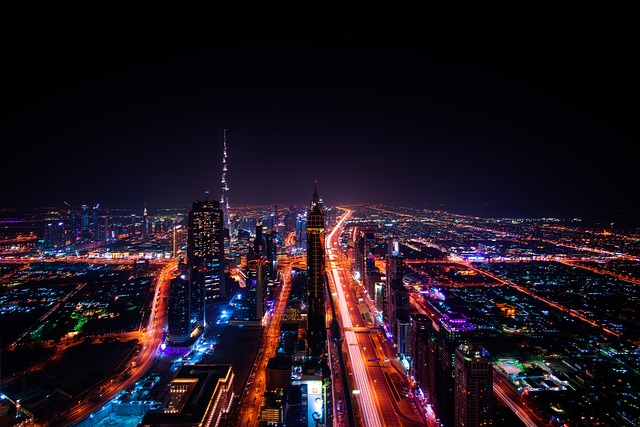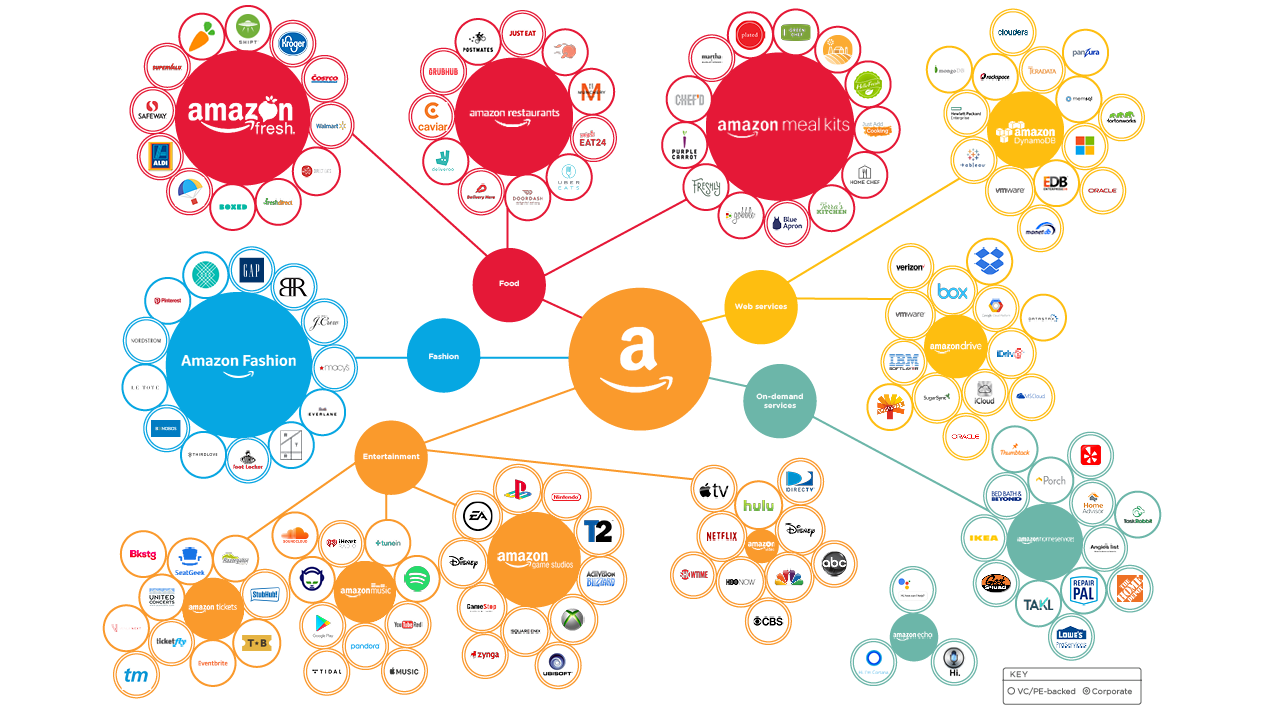There has been an increasing emphasis on the key role played by a series of old and new “global infrastructures”, whose construction is perceived to be at once too critical and too massive to be conceived, implemented, and run by a single state. Global infrastructures traverse national borders and contribute to the formation of new planetary geographies of inclusion and exclusion. Examples abound: global critical infrastructures encompasses anything from the submarine cables that sustain the Internet to global shipping routes, intercontinental canals, satellite telecommunication systems, transnational electric power grids. These global networks facilitate the material, digital, and capital flows that characterize the globalized economy, and necessitate the interaction of several sovereign states. The rapid expansion of multiple global infrastructures not only fosters new forms of connection, it also sparks global conflicts and rivalries: China’s Belt and Road Initiative (BRI), for instance, has unleashed a race to construct transnational physical infrastructures in Eurasia and Africa. Meanwhile, major powers are competing to shape the emerging global digital infrastructure. In general terms, we can even conceptualize contemporary capitalism as an «infrastructural capitalism» (Borghi 2021) or a «Global Infrastructural Capitalism» (Ngai and Peier 2022), which is indicative of how essential it is to collective work towards theoretical frameworks and historical analyses of infrastructures both as an abstract concept and as a very material set of entwined industrial artifacts.
This seminar intends to contribute to the discipline by promoting a collective investigation of the origins and development of global infrastructures, emphasizing how their construction interacted with colonial projects, capitalist ventures, and cultural superstructures.
Contributions have been selected through a public call for papers. The seminar will take place on the 9th of June 2023 at the University of Bologna in the Department of Arts.
10.00-10.30 Welcome and Introduction
10.30-12.00 Imperial Infrastructures (Chair & Introduction: Franco Tomassoni, Colabor)
- Maria do Mar Gago (IHC – Nova Lisbon) – Botanical Networks as Imperial Infrustructures: Plantations and agro- ecology in Colonial Angola (1940-1961)
- Romario Sampaio Basilio (Nova Lisbon) – Failed Railways in El Dorado: Collaboration, Competition, and Scarcity in a Megaproject for the Amazonia-Guianas Remoteness (c.1870-1914)
- Emilio Distretti (University of Basilea) – The Coloniality of Infrastructure: Italian Imperial Highways in Libya and Ethiopia (title tbc)
12.00-13.00 Lunch Break
13.00-14.30 Oceanic Infrastructures (Chair & Introduction: Amedeo Policante, IHC-Nova Lisbon)
- Matteo Aria (La Sapienza) – Navigational Infrastructures: Governing the Sea through Meteorological Prediction and Forecasting.
- Erica Borg (King’s College) – Media Infrastructures: Coloniality, Capital Circulation and the Equiano Project
- Lorenzo Pezzani (University of Bologna) Migration Infrastructure: Forensic Oceanography
14.30-15.30 Evelina Gambino – Infrastructures to Other World (Documentary Screening and Discussion)
15.30-16.00 Coffee Break
16.00-17.30 Digital Platforms as Infrastructures (Chair & Introduction: Mattia Frapporti, Unibo)
- Alina Kontareva (Alexander von Humboldt Institute for Internet and Society) and Martin Kenney (University of California, Davis) – Protecting Domestic Platform Infrastructure: How Russia Mitigated Dependence upon US West Coast Platform Giants
- Marco Marrone (University of Salento) – The Infrastructural Power of Digital Platforms
- Davide Blotta, Abdallah Hassan, Riccardo Sacco (University of Urbino) – The camera is working! Making the migration infrastructure in Bosnia and Sudan.
17.30-18.30 Final Roundtable and Collective Discussion led by Sandro Mezzadra (Università di Bologna), Maurilio Pirone (Università di Bologna), Niccolò Cuppini (SUPSI) and Amedeo Policante (IHC-Nova Lisbon).
This event is partially funded by National funding through FCT — Fundação para a Ciência e Tecnologia, I.P., under the scope of the projects UIDB/04209/2020, UIDP/04209/2020, and e LA/P/0132/2020.
Furthermore, is partially founded by the European Union project titled INCA: Increase Corporate Political Responsibility and Accountability



